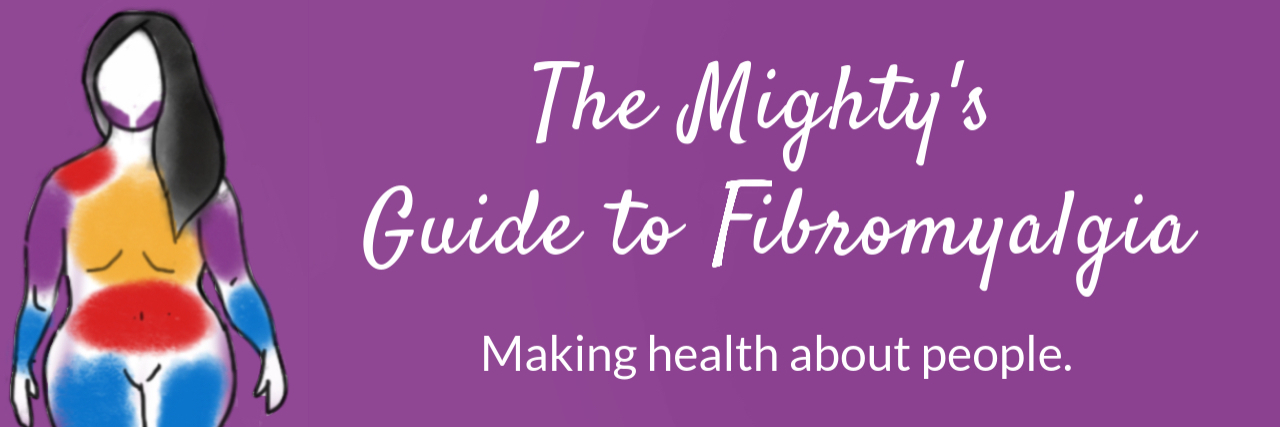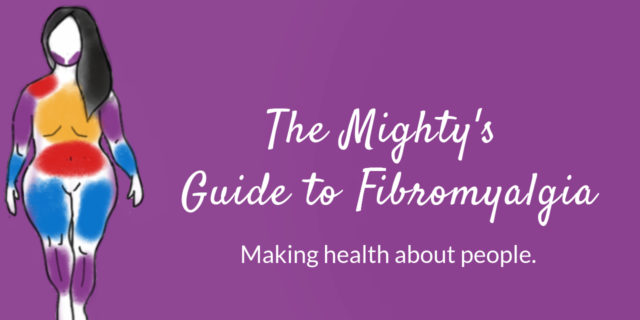What is fibromyalgia?
Fibromyalgia is a disease that causes muscle pain, fatigue, sleep issues, and mood issues. Is fibromyalgia an autoimmune disease? No, but it can accompany autoimmune diseases. It is believed that the pain associated with fibromyalgia occurs as a result of the brain and spinal cord processing pain differently. Symptom onset may occur suddenly or as a slow progression. Fibromyalgia sometimes occurs due to an event such as trauma, surgery, or infection.
What are the symptoms of fibromyalgia?
The most common symptoms of fibromyalgia include:
- Musculoskeletal pain
- Cognitive issues such as mood and memory dysfunction
- Fatigue
If you’re experiencing symptoms of fibromyalgia, speak to your healthcare professional.
What causes fibromyalgia?
Fibromyalgia is likely caused by repeated nerve stimulation and abnormal levels of certain chemicals in the brain. This causes the spinal cord and brain to change. Receptors in the brain that respond to pain can become sensitized, causing them to overreact to painful and non-painful signals. Many factors may lead to these changes, including genetics, infections, and physical events. Fibromyalgia tends to run in families, so having an immediate family member who has it makes individuals more likely to be diagnosed. Some illnesses and infections can trigger fibromyalgia. Prolonged psychological stress or physical trauma can trigger fibromyalgia as well.
How is fibromyalgia diagnosed?
As of this writing, there are no lab or imaging tests that can diagnose fibromyalgia. A fibromyalgia diagnosis is typically based on a person having pain and stiffness all over the body, in addition to cognitive issues and fatigue.
How do you treat fibromyalgia?
The goal of treatment for fibromyalgia is to help manage symptoms and improve overall health. A combination of medications and self-care strategies is typically used. Common medications for fibromyalgia include pain relievers, antidepressants, and anti-seizure medications. Physical therapy, occupational therapy, and counseling are also effective methods that can help individuals manage fibromyalgia symptoms. Physical therapy helps to improve strength and flexibility, while occupational therapy helps patients find ways to complete work-related tasks. Most people find that a combination of medications and therapies works well to manage their symptoms, but the ideal treatment regimens will vary for each unique case.
The Power of Fibromyalgia Support Groups
Being diagnosed with fibromyalgia causes feelings of fear, isolation and loneliness. But you’re not alone.
The Mighty’s online fibromyalgia support group has thousands of members giving and getting support every single day. Whether you’re looking for information on fibromyalgia treatment, tips for navigating day-to-day life, or fibromyalgia symptom stories you can relate to, you’ll find it all in our fibromyalgia support group.
Join our fibromyalgia support group and start your journey with The Mighty today.
Connect & Inspire
Living with fibromyalgia requires more than medications and counseling. Sometimes, it can make a world of difference simply to feel understood and seen. Meet others who share your experience, ask questions in our open fibromyalgia forum, and access the latest fibromyalgia news, educational content, and medical research.
Be inspired by stories of powerful people living with fibromyalgia, just like you. Share your own stories and provide a helping hand to others on their journey. Become a part of something larger than yourself and join The Mighty’s fibromyalgia support group today.












